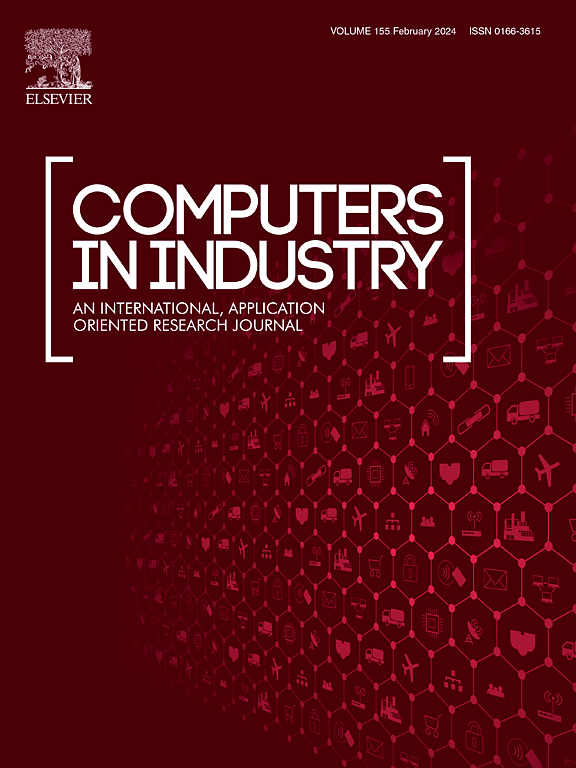An integrated approach for enhanced early-phase space system design and optimization
IF 8.2
1区 计算机科学
Q1 COMPUTER SCIENCE, INTERDISCIPLINARY APPLICATIONS
引用次数: 0
Abstract
The integration of Model-Based Systems Engineering (MBSE) and Multidisciplinary Design Analysis and Optimization (MDAO) presents a powerful opportunity to enhance early-stage system design, particularly for complex space systems. However, the lack of efficient integration between these methods results in limitations such as unclear boundary between domain models, reduced automation, and challenges in maintaining traceability of optimization results. Overcoming these barriers is essential for conducting high-quality trade studies in systems engineering. In this work, we propose a novel framework that integrates MDAO with MBSE to streamline system modeling, optimization, and verification. This approach enables the seamless exchange of knowledge between design and optimization models, while performing optimizations and managing results directly within the MBSE environment. By using MBSE as a central knowledge repository, the framework minimizes errors and improves the traceability of optimization processes. Case studies demonstrate that this framework enhances both efficiency and accuracy during the early design phases of space mission development. Our findings indicate that integrating MDAO with MBSE allows for comprehensive system evaluation and more informed decision-making, ultimately improving the quality and efficiency of the design process. This integrated framework offers a flexible, scalable solution for multidisciplinary optimization, making it a valuable tool for the design of future complex systems.
求助全文
约1分钟内获得全文
求助全文
来源期刊

Computers in Industry
工程技术-计算机:跨学科应用
CiteScore
18.90
自引率
8.00%
发文量
152
审稿时长
22 days
期刊介绍:
The objective of Computers in Industry is to present original, high-quality, application-oriented research papers that:
• Illuminate emerging trends and possibilities in the utilization of Information and Communication Technology in industry;
• Establish connections or integrations across various technology domains within the expansive realm of computer applications for industry;
• Foster connections or integrations across diverse application areas of ICT in industry.
 求助内容:
求助内容: 应助结果提醒方式:
应助结果提醒方式:


